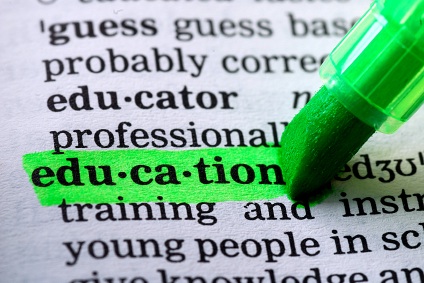Non-formal education refers to learning that occurs outside of the typical school setting. Community education, adult education, lifelong education, and second-chance education are all phrases used to describe non-formal education. It includes anything from homeschooling to government efforts and community projects, and it encompasses a wide spectrum of community-based educational activities. It includes both well-known schools and tiny, low-resource organizations that provide recognized courses. Because non-formal education is so varied, it has many characteristics with other types of education, especially lifelong learning. This section focuses on non-formal education for children and young people outside of the traditional school system for the purposes of these standards.

Educational institutions stress formal learning, which follows a syllabus and is intentional in the sense that learning is the aim of all actions learners do. To examine student performance, tests and other forms of evaluation are utilized. Adult migrants engage in formal learning when they enroll in a course in the language of their host community. If the course is tailored to their specific needs, it will adhere to a syllabus that describes the communication repertoire that successful students should possess. Whatever assessment tools are used in conjunction with the training, they should represent the repertoire’s character and scope.
Assisting people in gaining new skills and encouraging them to reflect on what they have learned are all part of the education.Students must also be taught how to find and use information, according to educators. Through education, knowledge of society, country, and the world is passed down from generation to generation.Education teaches children and adults how to be active and productive citizens in democracies.To be more specific, education assists and leads people as they move from one social class to the next. People, societies, and countries with higher levels of education have a competitive edge over those at the bottom of the economic ladder.
In today’s world, not only formally but also non-formal education plays an important part in lifelong learning. Children and young people socialize, get new experiences, and take on new social roles as a result of participating in various non-formal education activities that support general and personality development. The greater the range of non-formal education activities available, the more opportunities each child and young person has to pick the one that best suits their interests, needs, talents, future intents, and objectives. Theatre art non-formal education, which has its theoretical, methodological foundation in theater, pedagogy, is one type of non-formal education for children and youth. School theatre groups, public speaking classes, and drama studios, among other things, play an important part in the development of students’ personalities and socialization. The purpose of this paper is to provide a theoretical rationale for the non-formal youth theatre art. The purpose of this article is to make a theoretical demonstration of the non-formal education of young people’s drama, art in the context of the historical development of drama pedagogy. Teachers and practitioners in many countries have used and are currently using the methods, principles, and new methods of drama teaching, not only in the informal education of drama, but also in the entire formal education-through the use of drama elements as interdisciplinary learning techniques And methods, so that the drama teaching method is universal, everywhere and everywhere.

